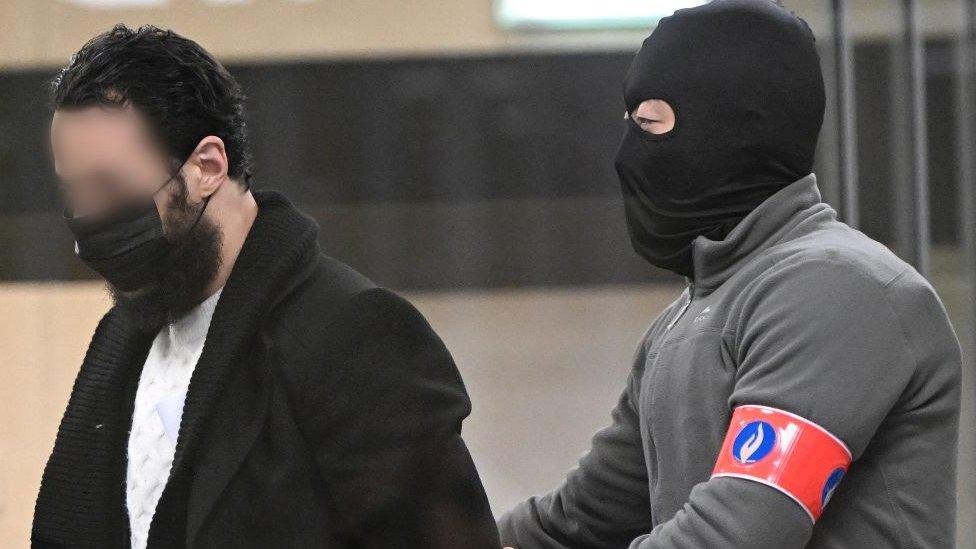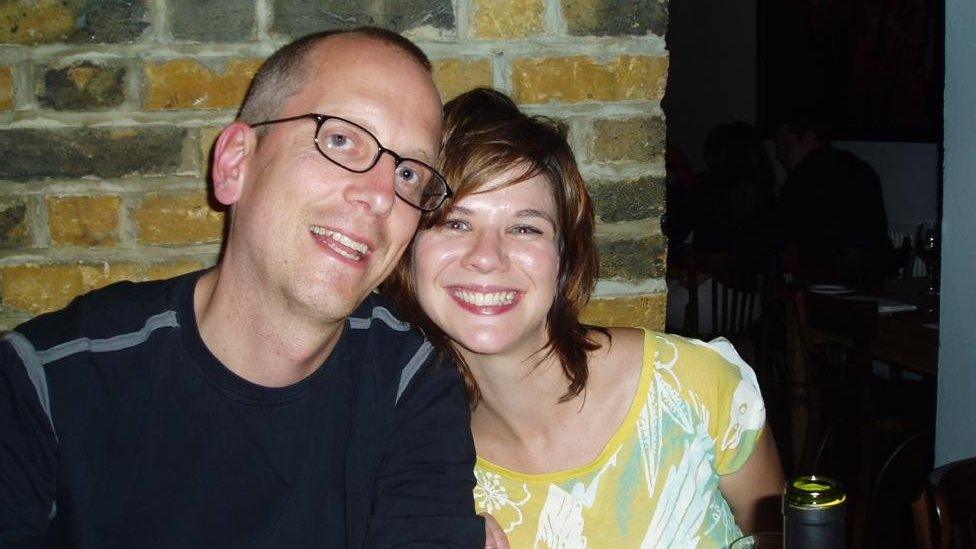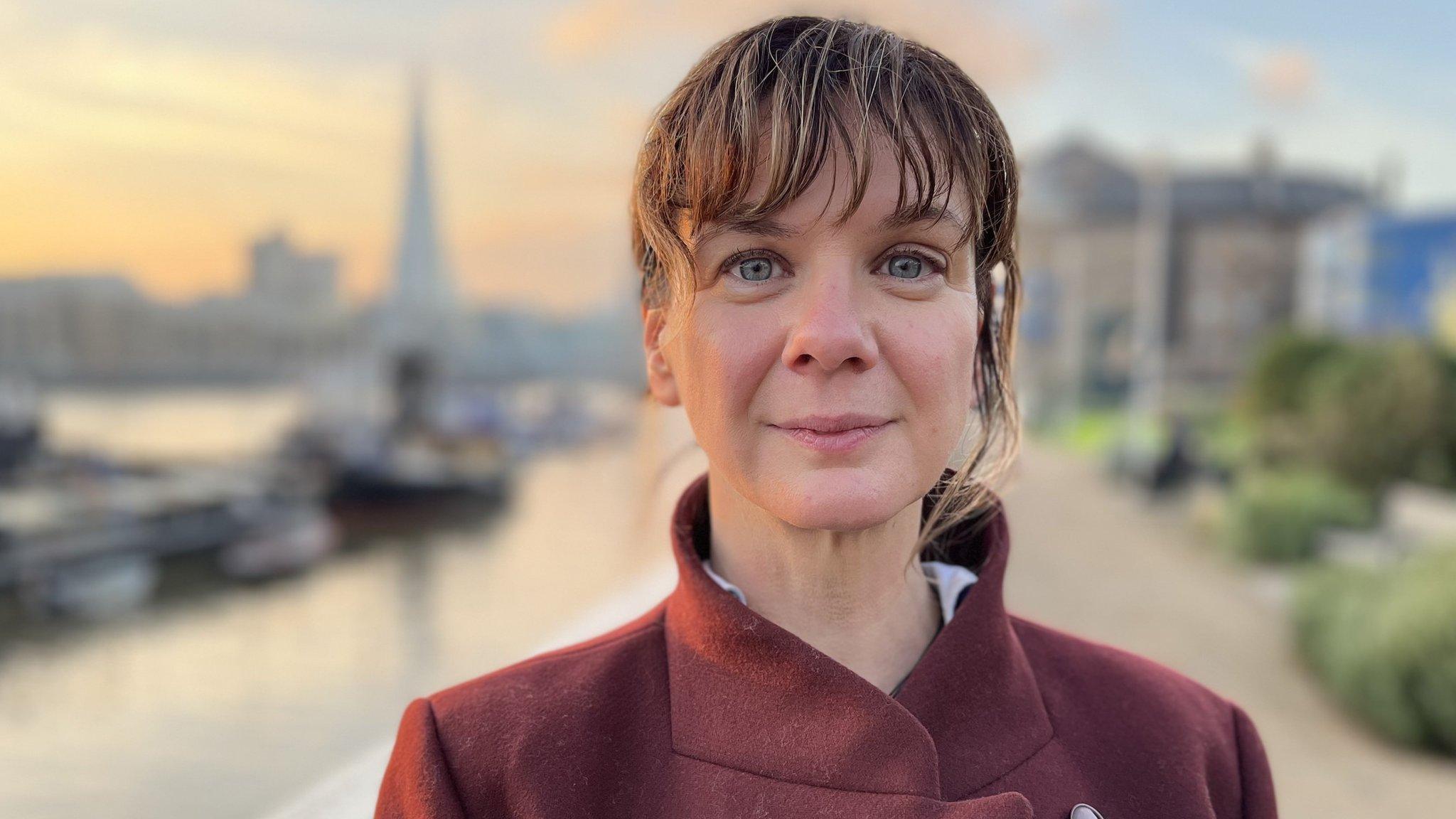Brussels bombings trial held up by suspects' boycott
- Published

Salah Abdeslam (L) is one of the main suspects accused of murder and attempted murder with a terrorist motive
Repeated interruptions have cast doubt on the trial of suspects accused of the Brussels bombings that killed 32 people and wounded hundreds more in 2016.
The court has had to postpone sessions because of questions over the rights of the 10 accused.
The defendants complained of being humiliated by facing strip searches every day they go to court.
When a solution was found to that objection, some of the suspects said they wanted to drop their lawyers.
"Lawyers for several of the defenders say they no longer have a mandate to represent their clients, and that means the trial cannot proceed," spokesman for Belgium's federal prosecutor's office told the BBC.
"At this point it is impossible to say when the trial will resume".
Of the 10 men accused of murder and attempted murder with a terrorist motive, six have already been found guilty of involvement in the Paris attacks in November 2015. One is presumed to have died in Syria.
Three suicide bombers blew themselves up at Zaventem airport and then Maelbeek station in co-ordinated attacks by jihadist group Islamic State on Brussels on 22 March 2016.
The main suspects on trial in Brussels are convicted Paris plotter Salah Abdeslam, airport bomb suspect Mohamed Abrini, and metro bomb suspect Osama Krayem.


The trial, at a former Nato headquarters in Brussels, finally went ahead at the start of December 2022 after weeks of delays.
It should have resumed on Thursday morning after the court ruled that strip searches of the men on each day of the trial should not be automatic but individually motivated by security concerns.
The constant interruptions have proved frustrating for the victims and their families after years of waiting for justice.
"What we are living through right now is really difficult," said Philippe Vansteenkiste who lost his sister in the attacks.
"Many of us had to take leave from work, make personal arrangements to attend the trial. The anger is building up but justice must be done."
He is now in charge of V-Europe, a victims' support group created after the attacks.
"The trial should be about judging people who detonated bombs and killed. It should also be about bringing closure to victims, not a debate about the defendants."
Many of the relatives believe the defendants are exploiting human rights laws in an attempt to prevent the trial from going ahead properly. However, Mr Vansteenkiste says they will have to stick to the rules and uphold democratic values: "Otherwise the terrorists win."
Charlotte Dixon-Sutcliffe's partner David was the only Briton murdered in the Brussels bombings. The couple had been living in Brussels with their son at the time of the attacks.

Charlotte lived with David and their son Henry in Brussels before David's death

"It is really important we don't descend into revenge and retribution; everything needs to be done properly," she believes. "But it's also important we don't forget there are victims at the heart of this. These changes leave the victims in a very unpleasant place."
However, she also feels the authorities need to treat the victims and relatives with greater understanding as people who are emotionally invested not only in the outcome of the trial but also in the process itself.
She describes how she had prepared herself mentally for David to be discussed at the trial this week. "I had planned how to make that moment. I'm having to re-adjust and recalibrate and that's hard."
Belgium's liaison officer who works with the families agrees the repeated delays and interruptions to the trial have gone too far.
"It is unbearable for the victims, we need to get to the substance," Olivier Lauwers told the BBC.
Assuming the trial does finally resume, the uncertainty surrounding the dates has left the victims unsure whether they'll be able to attend or not.
Some who had planned to be in Brussels to give evidence no longer know if they can.
"These victims must be heard, it's important for our society, we need them to attend and to tell their side of the story."
- Published5 December 2022
